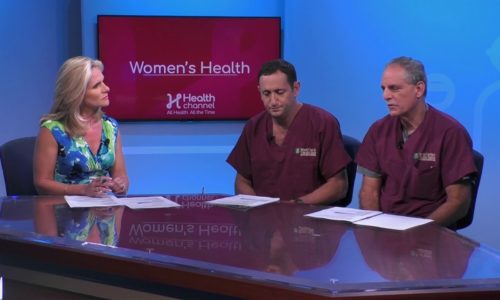Osteoporosis & Spine Fracture |
Dr. Justin Sporrer, Neurosurgeon at Baptist Health Neuroscience Center, says osteoporosis is a huge component and risk factor for vertebral compression fractures. “One thing that I would like to stress is that we should probably be raising awareness in younger women to help them build bone density when they have the hormones and the building blocks to do so,” he points out.
He also explains one common misconception is that if you already have osteoporosis you can just up on your calcium and start taking calcium supplements, but most of the time they do not have the building blocks to incorporate those components into their bone and build new bones.
Transcript
So doctor, can we further explain the importance of you taking care of ourselves and osteoporosis and how it can affect that spine because it’s preventable as we learned yesterday. -So it’s a great question, osteoporosis is a huge component and risk factor for vertebral compression fractures just to use that analogy again if the amount of blocks in your spine is low to begin with it takes such a small amount of force to cause a compression fracture. One thing that I would like to stress is that we should probably be raising awareness in younger women to help them build bone density when they have the hormones and the building blocks to do so. One common misconception is that if you already have osteoporosis you can just up on your calcium and start taking calcium supplements or vitamin D supplements, unfortunately most of the time these women do not have the building blocks to incorporate those components into their bone and build new bone and so it’s something they really have to talk with their primary care physician about not only to get checked with a bone density scan but also to explore the various options outside of just taking calcium.








